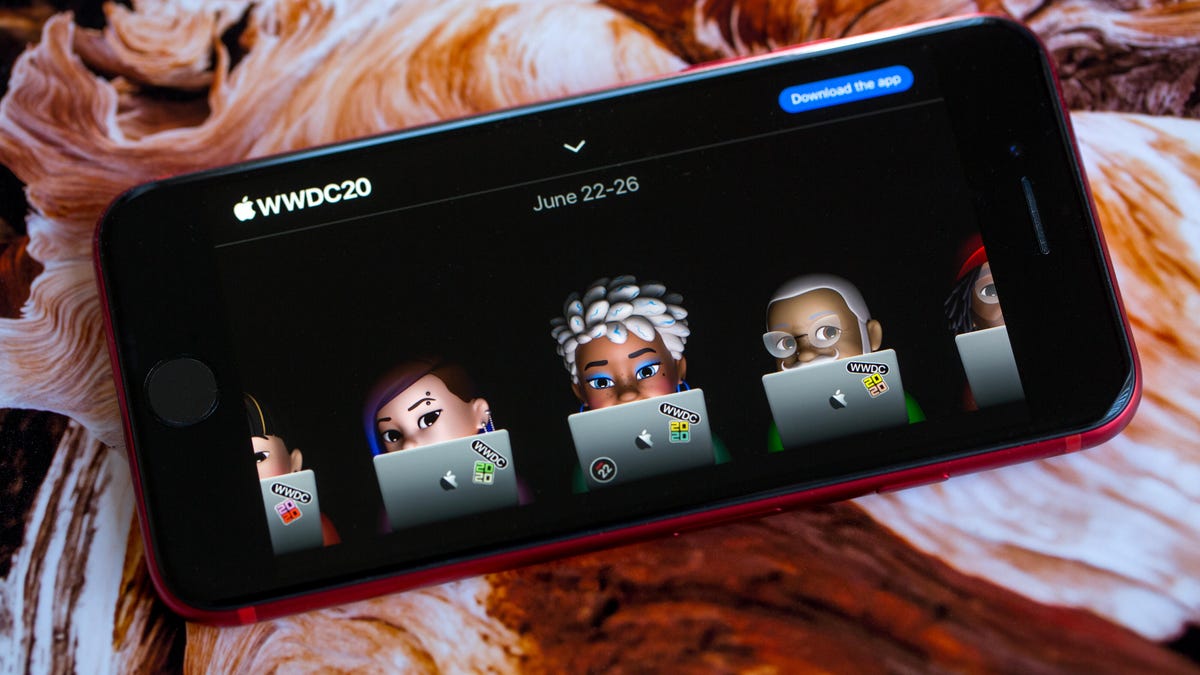Apple shares new App Store rules changes as regulators eye policies
After a recent public dispute with developer Basecamp, Apple is making changes to the App Store.

Apple is making some changes to its App Store rules and appeals process.
While new versions of iOS, iPadOS, MacOS and the upcoming switch from Intel to Arm processors dominated the opening of Apple's WWDC virtual developers conference, the iPhone-maker has more subtly revealed some changes it is making as its App Store comes under fire from developers and regulators.
Included inside a press release on new developer tools, Apple details how it will no longer hold up bug fix updates for apps that are already on the App Store "over guideline violations except for those related to legal issues," instead allowing developers to be able to "address the issue in their next submission."
Apple will also allow developers to not only "appeal decisions about whether an app violates a given guideline of the App Store Review Guidelines," but also "have a mechanism to challenge the guideline itself."
Both changes are set to be "implemented this summer."
The updates come as Apple faces increased regulatory and developer pressure about its App Store policies. The company recently had a public dispute with email app Hey, blocking a recent bug fix update to the app because developer Basecamp did not offer an in-app option to purchase the $99 per year service.
Apple takes 30% of in-app purchases for apps in its App Stores. On Monday, shortly before WWDC kicked off, the update to Hey was approved.
Spotify has similarly accused Apple of abusing its App Store power and 30% fee, with the Swedish music company's complaint eventually leading to a European Union antitrust investigation into the issue.

